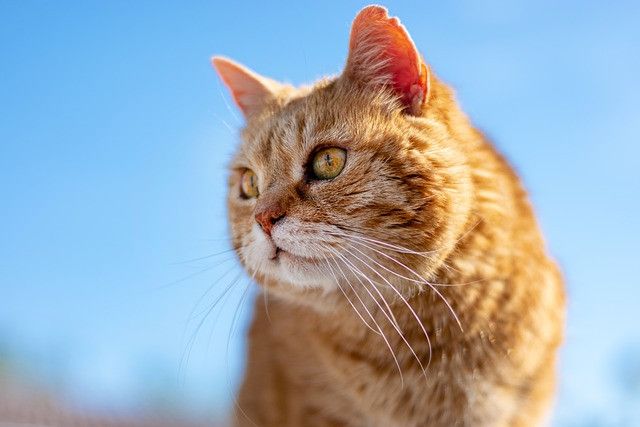

Because of improvements in veterinary medicine and more comprehensive care from pet parents, companion animals are living longer than ever. This is, of course, excellent news since it means getting to keep your furry family by your side for as many years as possible. However, caring for senior pets isn’t without its challenges.
At Hampton Park Veterinary Hospital, we provide senior pet care in Hampton Park to help maintain your pet’s quality of life and check for early warning signs of disease. Read on to learn more.

Though there are some general guidelines, there is no specific age at which a companion animal goes from “adult” to “senior.” Several factors impact the aging process, including species, breed, size, and environment.
Generally speaking, cats become seniors between the ages of 7 and 11 years. In dogs, giant breeds typically become seniors between the ages of 5 and 6, while large and medium-sized breeds don’t achieve this status until they’re about 7 or 8. Toy breeds, which can live 20 years or longer, may not become seniors until they’re 11 to 12 years old, or older.
Like humans, animals become more susceptible to disease as they get older. Some of the most common health problems in older animals include:
Pets need routine wellness care and exams throughout their lives. However, these services are even more essential for seniors. Problems develop quickly in pets, so we recommend scheduling twice-yearly wellness appointments for your senior pet. This allows us to monitor their ongoing health and detect early warning signs of health problems.
As your partner in pet parenthood, we’re here to help you make your furry family member’s Golden Years just as healthy and happy as their younger years. Contact us today to schedule an appointment.
